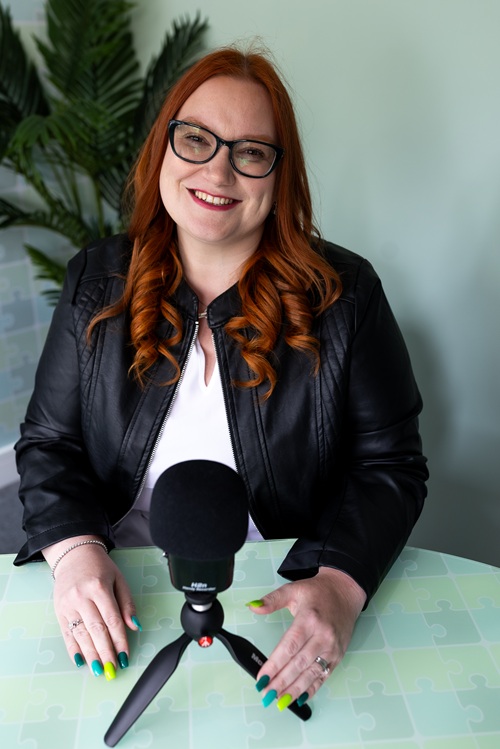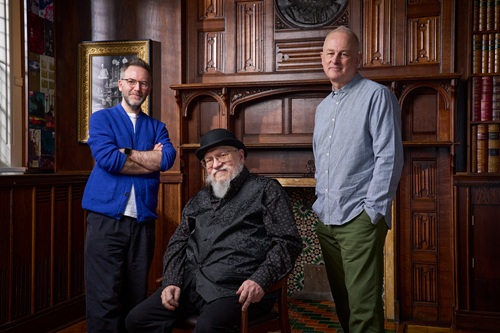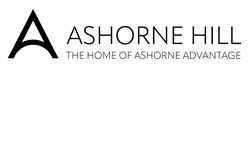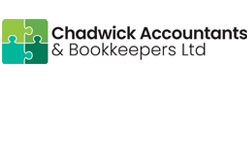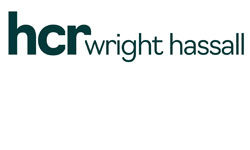That was the subject of discussion on the latest edition of For Finances Sake, the regular series of podcasts on topical financial issues from Chadwick Accountants & Bookkeepers in Bidford-on-Avon.
As the company’s managing director Rachael Chadwick-Harrison notes: “At Chadwick’s, we’ve seen our fair share of enthusiastic would-be landlords walk through our doors, convinced they’re onto a passive income goldmine: only to walk out with a spreadsheet, a headache, and a sudden case of buyer’s remorse.
“Let’s break it down with a realistic example. Imagine you’re buying a property for £250,000 with a 25% deposit (£62,500). You take out a mortgage with an interest rate of 5.5%. That's around £860 a month in interest payments.
“Now factor-in your standard monthly costs: insurance, accountancy fees, boiler servicing, portable appliance testing, etc. Let’s round that up to £125 a month. Your rental income? About £1,200 a month in our area of Warwickshire.”
Profit
As Rachael goes on to explain: “That leaves you with a taxable profit of around £215 a month, or £2,580 a year. But don’t get too excited: once HMRC takes its slice (around £500+ a year for basic-rate taxpayers), you’re left with even less.
“Now, if you're not on an interest-only mortgage and are actually paying off the capital (so you eventually own the place), you’ll be coughing up an extra £292 a month. That means you're losing £120 a month: or £1,440 a year. And that's assuming nothing goes wrong. One dodgy boiler and you’re deeper in the red.
“Still think it’s passive income?” asks Rachael.
The podcast crunched the numbers further, adding that to make matters worse, if you’re a higher-rate taxpayer, you’ll pay more tax on your rental profits. Even operating through a company won’t save the day: corporation tax is currently 25%, which still eats into your margins.
Rachael concluded by listing some persistent myths that need busting.
Tenants pay your mortgage. “Not quite. You're paying the mortgage: tenants just contribute.”
Property values always go up. “Not necessarily. Markets fluctuate, and interest-only loans can leave you exposed.”
You can offset everything against tax.” Wrong. Only genuine repairs count, not improvements like new bathrooms or luxury upgrades.”
So, is property investing still worth it?
“That depends,” commented Rachael. “If you’re financially comfortable, have time on your side, and are prepared for cash losses in the short-term, it might be a long-term play. But for many, it’s an expensive hobby disguised as an investment.
“Not sure if your property plans stack up? Let us run the numbers for you, before you get stuck with a leaky roof and an even leakier bank balance.

